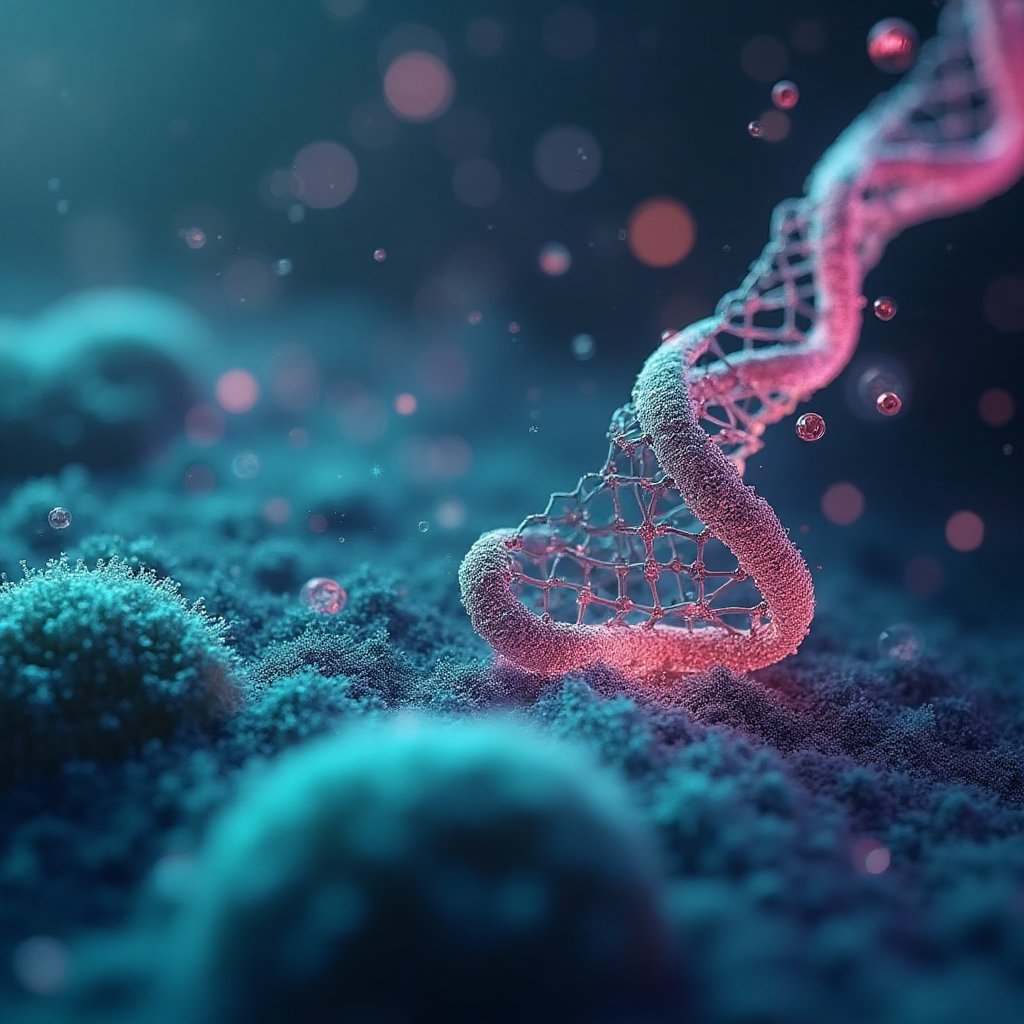1. Diabetes or Pre-Diabetes: The Sugar Waterfall Effect
Let’s start with the big kahuna: diabetes or pre-diabetes. Dr. Berg explains that water follows glucose in the body, which means if your blood sugar levels are sky high, your kidneys are working overtime to flush out that excess sugar. And guess what? Water tags along for the ride. So, if you’re peeing like a racehorse and still feeling parched, it’s time to consider whether your blood sugar is calling the shots. This isn’t just a wake-up call—it’s a five-alarm fire. According to the American Diabetes Association, over 34 million Americans have diabetes, and about 88 million have pre-diabetes. Yikes! The good news? You can take control. Dr. Berg suggests following a blood sugar protocol to get things back on track. But if symptoms persist, don’t play doctor—get checked.
2. Hypothalamus or Kidney Problems: The Thirst That Won’t Quit
Here’s where things get sci-fi. If you’re experiencing insatiable thirst and non-stop urination, it could be a hypothalamus or kidney issue. Your hypothalamus, a tiny but mighty part of your brain, regulates thirst. If it’s out of whack, you’re out of luck. Similarly, your kidneys might be dropping the ball. As Dr. Berg points out, this isn’t something you can fix with a glass of water and a prayer. Medical imaging and tests are your best bet here. The Mayo Clinic emphasizes that early diagnosis of kidney issues can prevent long-term damage. So, if your thirst feels like a bottomless pit, don’t wait—get it checked.
3. Hyperaldosteronism: The Adrenaline Overload
Ever heard of hyperaldosteronism? Neither had I until Dr. Berg mentioned it. This mouthful of a condition involves your adrenal glands producing too much aldosterone, a hormone that helps control your body’s sodium and potassium levels. Too much aldosterone, and you’re peeing like a sprinkler system. Common triggers? Excessive caffeine, alcohol, or even certain medications. If you’re a coffee addict or a weekend warrior with a penchant for cocktails, this could be your wake-up call. The National Institutes of Health suggests that lifestyle changes and medication can help manage this condition. So, maybe swap that third cup of joe for some herbal tea.
4. Hypercalcemia: The Calcium Conundrum
Too much calcium in your blood can also mess with your hydration levels. Hypercalcemia, often caused by a parathyroid issue, can leave you feeling like you’re stranded in the Sahara. Dr. Berg notes that this condition can stem from various causes, including overactive parathyroid glands or even certain cancers. The Cleveland Clinic recommends blood tests and imaging to diagnose this condition. If you’re feeling persistently thirsty and your pee looks more like water than lemonade, it’s time to consult a healthcare professional.
5. Diuretics, Alcohol, and Caffeine: The Pee Provocateurs
Let’s not forget the usual suspects: diuretics, alcohol, and caffeine. These three are like the Three Stooges of dehydration. Diuretics, often prescribed for high blood pressure, can send you sprinting to the bathroom. Alcohol? Well, we’ve all been there after a night out. And caffeine? That morning latte might give you a boost, but it’s also giving your bladder a workout. If you’re relying on these to get through the day, it might be time to reassess. The Centers for Disease Control and Prevention recommends limiting alcohol and caffeine intake for better hydration and overall health. So, maybe opt for water or herbal tea instead.
6. When Everything Checks Out: The Mystery of Normal Results
Here’s the kicker: sometimes, all your tests come back normal, yet you’re still dealing with these symptoms. Dr. Berg advises not to stop at the first “normal” result. Push your doctor to dig deeper. Sometimes, the issue lies in conditions that aren’t immediately obvious. As the WebMD suggests, persistent symptoms warrant a second opinion or further investigation. Don’t settle for “everything’s fine” if your body is telling you otherwise.
The Bigger Picture: Rethinking Health and Wellness
Excess thirst and frequent urination aren’t just physical symptoms—they’re a wake-up call to rethink how we approach our health. In a world where we’re constantly bombarded with “quick fixes” and “miracle cures,” it’s easy to ignore the signs our bodies are sending us. But here’s the truth: your body is your greatest ally. It’s telling you something’s up. Are you listening?
Take Control: Your Health, Your Responsibility
It’s time to take the reins of your health. If you’re experiencing these symptoms, start by tracking your habits. Are you drinking enough water? Are you overdoing it on caffeine or alcohol? Are you monitoring your blood sugar? Small changes can make a big difference. Consider investing in a blood glucose monitor to keep tabs on your levels. And if you’re unsure where to start, consult a healthcare professional. Your health isn’t a guessing game—it’s your most valuable asset.
Join the Conversation: Share Your Story
Dr. Berg ends his video by asking for success stories, and I’m doing the same. Have you overcome health challenges related to thirst and urination? What steps did you take? Share your journey in the comments below. Your story could inspire someone else to take control of their health. And don’t forget to become a part of the iNthacity community, the Shining City on the Web. Like, share, and participate in the debate. Together, we can create a healthier, more informed world.
Final Thoughts: Listen to Your Body
As Dr. Berg’s video illustrates, excess thirst and frequent urination can be signs of underlying health issues. But they can also be a call to action—a reminder to tune in to what your body is telling you. Whether it’s diabetes, a kidney issue, or just too much caffeine, the solution starts with awareness and action. So, what’s your body trying to tell you? Are you ready to listen?
Disclaimer
The information provided in this article is for educational purposes only and is not a substitute for professional medical advice, diagnosis, or treatment. Always seek the advice of your physician or other qualified health provider with any questions you may have regarding a medical condition.
"Early diagnosis and treatment are critical in managing conditions like diabetes and kidney disease. Don’t ignore persistent symptoms—your health depends on it." — Mayo Clinic
Got questions or thoughts? Drop them in the comments below. Let’s start a conversation that could change lives.
Wait! There's more...check out our gripping short story that continues the journey: The Last Beacon of Aetheris
Disclaimer: This article may contain affiliate links. If you click on these links and make a purchase, we may receive a commission at no additional cost to you. Our recommendations and reviews are always independent and objective, aiming to provide you with the best information and resources.
Get Exclusive Stories, Photos, Art & Offers - Subscribe Today!


























Post Comment
You must be logged in to post a comment.